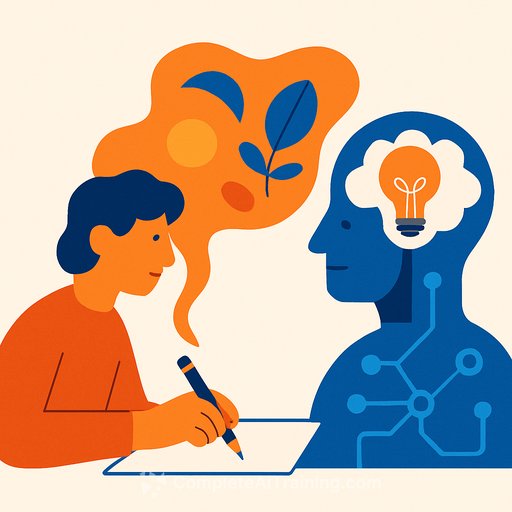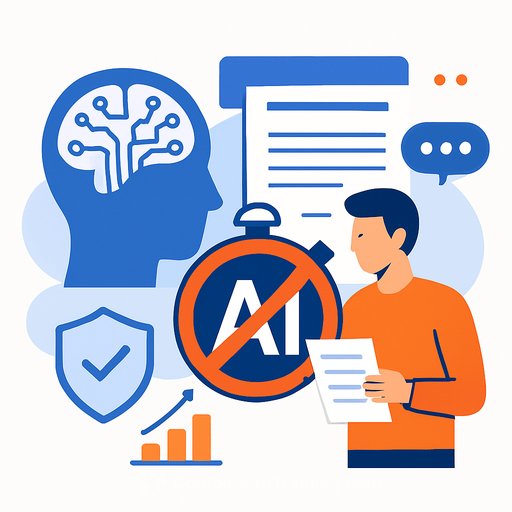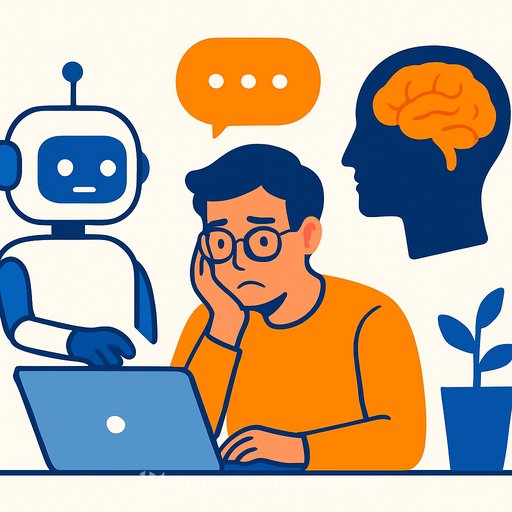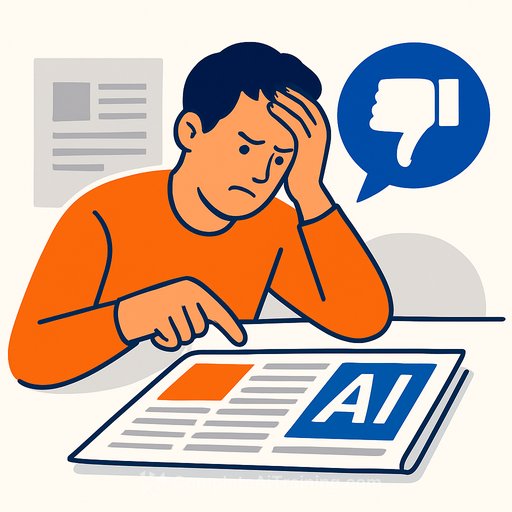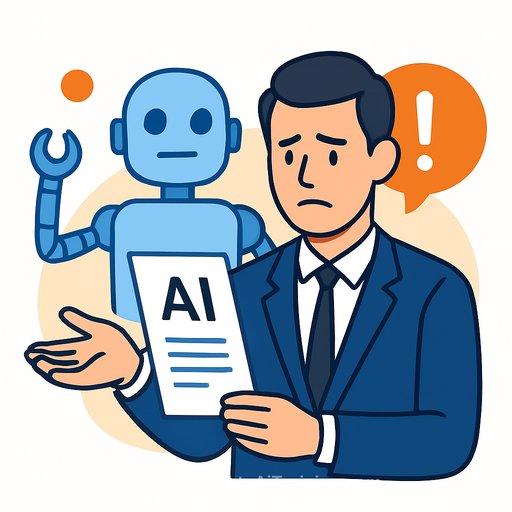Do We Still Value Original Thought?
With AI increasingly handling many tasks, the question arises: are works created purely from one person’s mind still valued? Is creativity still meaningful in this AI-driven era?
Writing this article myself, I wonder what it really means to say I wrote it. AI tools are everywhere—some integrated into software we use daily, like Microsoft Word’s 'Copilot'. I’ve chosen to disable such features. I could have asked an AI chatbot to draft this piece or provide responses I then edited. These tools are impressive, synthesizing facts and ideas in a polished style. They might even improve readability or accuracy. But using AI-generated text means I’m no longer the true author. If that’s the case, what’s the point of claiming authorship?
AI as a Tool, Not a Replacement
Artificial intelligence brings real benefits: faster access to information, improved diagnostics, safer transport, and more. This trend continues the long-standing growth of computing power since World War II. Computers analyze data and generate results that mimic patterns found in information. This generally saves time and effort, improving lives.
But when does AI use become problematic? The concern is when AI generates content presented as human-created but isn’t. Education faces this challenge deeply. AI can gather, order, and analyze information—tasks students are supposed to perform themselves. Some students may submit AI-produced work as their own. While detection methods exist, cheating tools evolve too.
The Human Touch in Writing
From experience, AI-produced text often feels sterile and detached—from both the writer and the subject. It lacks the human nuance and personality that give writing depth. How can educators fairly grade work that seems dehumanized? This isn’t about blaming technology—it can’t be undone. Tech investments guarantee AI’s growing presence.
Educational institutions must adapt. Clear guidance for students is still emerging. The goal should be to let students use AI for research but ensure they process, analyze, and express their own ideas. Proving this might require handwritten exams or oral interviews, though these won’t fit every subject or student. As AI becomes part of learning, schools must find ways to confirm genuine understanding and original thought.
AI and Journalism: Can Bots Break News?
Journalism has already seen many tasks automated—layouts, image matching, even statistical reporting. But spotting a breaking political story or capturing the atmosphere on the ground demands human insight. Journalists can leverage AI to analyze large data sets and uncover leads, but routine reporting might be delegated to machines.
Still, AI-written stories risk missing context and nuance. Plus, readers generally prefer a human voice. Media organizations are developing AI policies to stay competitive while maintaining credibility and transparency—especially vital given the ease of spreading misinformation today.
Originality in the Creative Arts
Creative fields are also vulnerable. AI can easily copy or mimic existing music, films, books, and other works. Artists rightly call for legal protections, though effective regulation will be challenging. There’s a strong case for creators to self-regulate.
AI’s output depends on existing content it scrapes from the internet. This means it repurposes secondhand material. The result is a mixture of other people’s ideas, not truly original creation. To create something fresh, you must rely on your own mind. If you don’t exercise your intelligence and skills, they will weaken.
This article may not be flawless, but it was written by me—without AI assistance.
Questions to Consider
- Can AI-generated stories or art be considered original?
- How can journalists responsibly use AI to better serve their audiences?
- In what ways is AI helpful or harmful to fields like journalism and the arts?
For writers seeking to understand and responsibly incorporate AI tools, exploring structured learning can help. Platforms like Complete AI Training offer courses that cover practical AI applications without compromising originality.
Your membership also unlocks:

